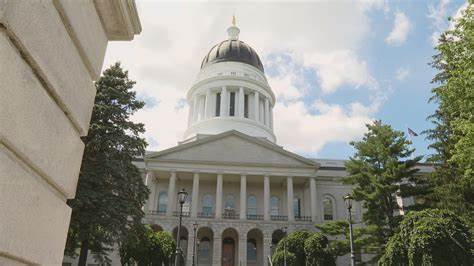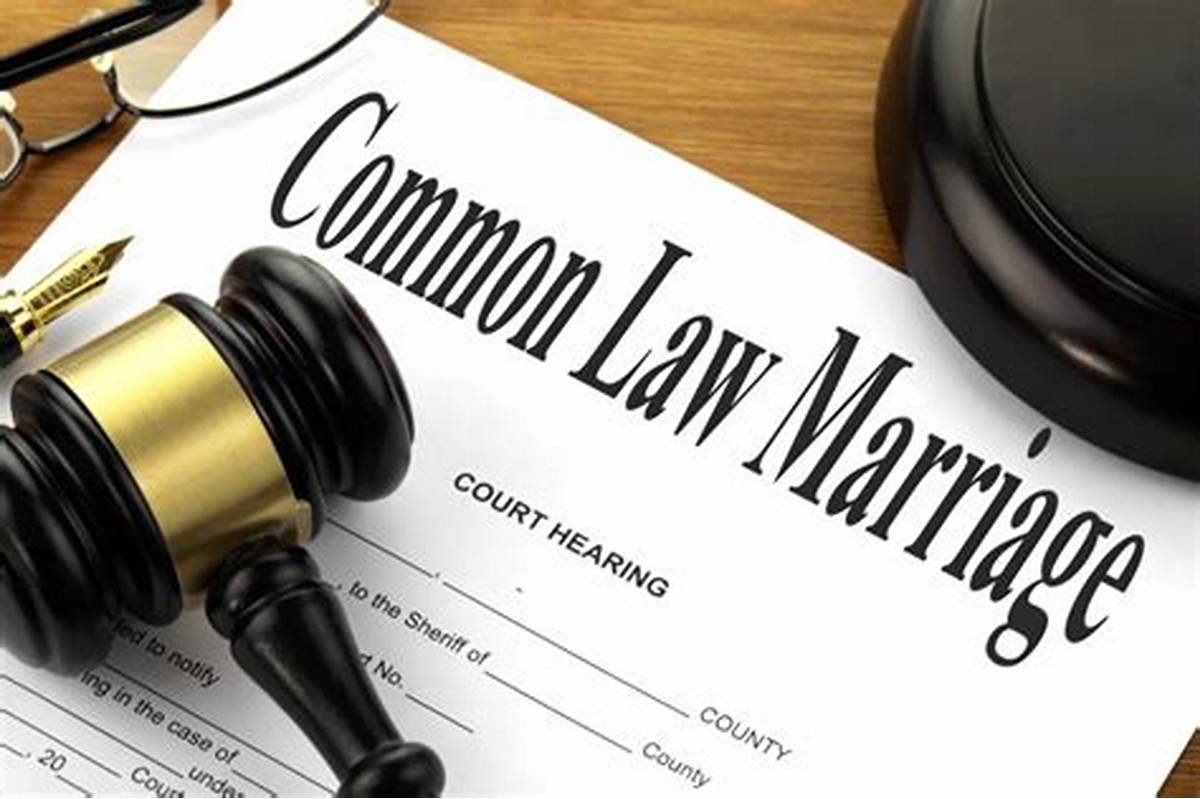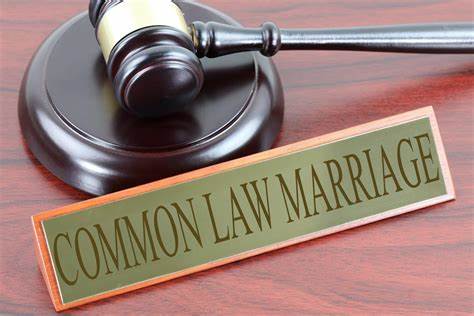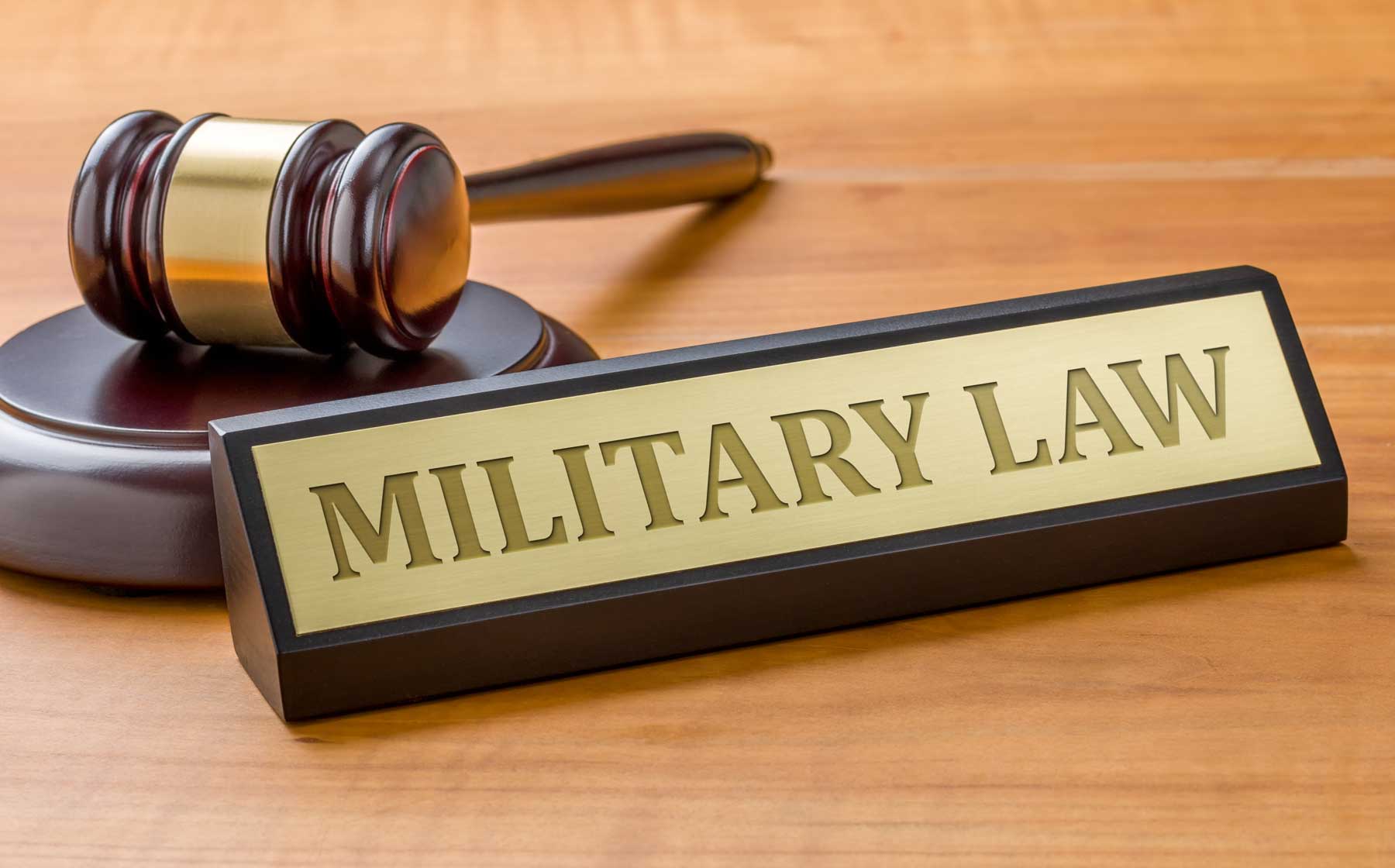
In the northeastern corner of the United States lies a state known for its picturesque landscapes and rich maritime heritage—Maine. Beyond its natural beauty, the Maine State Goverment stands as the driving force behind the state’s affairs. Let’s explore the structure, functions, and significance of the government that guides the destiny of the Pine Tree State.
Laying the Foundation
An Overview of Maine State Government
The Maine State Government operates as a reflection of the state’s values and aspirations. Its structure adheres to the principles of democratic governance, comprising three branches—the Executive, Legislative, and Judicial branches. Together, they collaborate to ensure the effective administration of the state’s affairs.
The Executive Branch Leadership in Action
From Governor to Agencies
At the helm of the Maine State Government is the Governor, who serves as the chief executive officer. The Governor is responsible for executing state laws, overseeing agencies, and guiding policy implementation. The Executive Branch also includes various departments and agencies tasked with specific functions, from education to health and human services.
The Legislative Branch Crafting Laws
Representing the People
The Maine State Legislature, comprising the Senate and the House of Representatives, forms the Legislative Branch. Senators and Representatives, elected by Maine’s citizens, convene to deliberate and draft laws. This democratic process ensures that the voices and concerns of the people are heard and addressed in the creation of policies.
The Judicial Branch Upholding Justice
Ensuring Fairness
The Maine Judicial Branch plays a critical role in upholding the rule of law. It consists of several courts, with the Maine Supreme Judicial Court at its pinnacle. These courts ensure that justice is served, disputes are resolved, and laws are interpreted fairly and impartially.
State Government and Local Impact
From Augusta to Local Communities
While the Maine State Government functions at the state level, its decisions have a profound impact on local communities. Policies enacted in Augusta—Maine’s capital—ripple outward, influencing education, infrastructure, healthcare, and more at the grassroots level.
Challenges and Responsive Governance
Addressing State Challenges
The Maine State Government faces an array of challenges, from economic fluctuations to environmental concerns. Responsive governance involves understanding these challenges and crafting effective policies that balance the state’s needs with its available resources.
Citizen Engagement and Democracy
Participatory Governance
The Maine State Goverment thrives on the active engagement of its citizens. Through voting, public hearings, and grassroots activism, individuals contribute to shaping the state’s direction. The democratic process allows for diverse perspectives to be considered in policy-making.
The Maine State Government is more than an administrative entity; it is a reflection of the aspirations and values of the people it serves. From the Governor’s office to the courtroom, from the halls of the Legislature to local communities, its influence is far-reaching. As Maine continues to evolve and face new challenges, the government’s ability to adapt and respond will play a pivotal role in shaping the state’s future trajectory.







